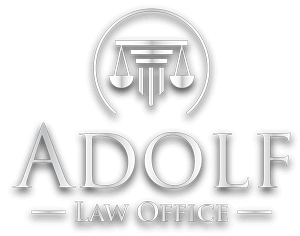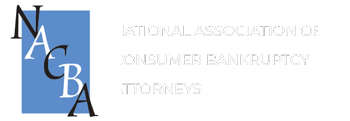When filing for Chapter 7 bankruptcy in Indiana, those in debt must list their assets that the courts will consider for potential liquidation. Real estate, vehicles and business-related property are commonly listed, but sometimes debtors become confused about what other items they must list. Bankruptcy experts indicate it is better to over- list than accidentally leave out something, so you’re not accused of hiding anything.
Assets fall into three categories
Assets at stake for Chapter 7 liquidation fall into three categories:
- Personal property – like clothing, furniture and vehicles
- Real property – land and improvements or buildings tied to land
- Intangible property – like alimony, retirement accounts and savings accounts
Bankruptcy courts also divide assets into exempt and nonexempt status. Examples of exempt assets include clothing and work-related items. Bankruptcy courts cannot take away exempt items to pay for your debts. Non-exempt items typically include vehicles, land, homes, investment properties, savings accounts, artwork and jewelry, although you will be allowed to keep some non-exempt items to get on with your life.
Items that you should list
When developing your Chapter 7 asset list, make sure you list the following items:
- All financial assets
- Land, primary and secondary homes
- Personal and household items
- Vehicles
- Business-related property
Bankruptcy courts need this list so the trustee and administrator can liquidate as required.
What happens if I miss something?
Omitting assets, even unintentionally, can put you in further trouble. When you sign a bankruptcy petition, you attest that the information is complete and true. If you hide or deliberately fail to report assets, you risk having your petition denied or revoked. Furthermore, you may also be charged with bankruptcy fraud. The fines for that charge can be as much as $250,000, 20 years in federal prison or both.
Bankruptcy gives debtors a chance to start their life anew. While you may want to put the past behind you, rushing through your asset list can be unwise, especially if you forget an essential asset. Double-check with financial experts knowledgeable about bankruptcy to ensure that you have all necessary assets listed to facilitate your bankruptcy petition.




